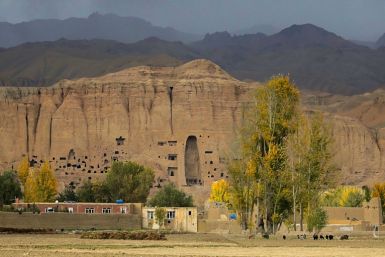Study: Climate Change Caused Trees to Die in an African Region
A new study has confirmed that climate change caused the dying of trees in a region in Africa.
Scientists from the University of California, Berkeley said the dying of trees in Sahel, a region in Africa south of the Sahara desert has been caused by a severe drought that began in the mid 1800s.
"Rainfall in the Sahel has dropped 20-30 percent in the 20th century, the world's most severe long-term drought since measurements from rainfall gauges began in the mid-1800s," said study lead author Patrick Gonzalez, adding that the drought has been caused by climate change as established by previous studies.
The study, which was based on climate change records, focused on six countries in the Sahel, where the average temperature warmed up b 0.8 degrees Celcius and rainfall decreased by about 48 percent.
Study findings showed that one in six trees died between 1954 and 2002, with one in five tree species disappearing locally. Indigenous fruit and timber trees that require more moisture were hit the most, the researchers said.
The authors concluded that hotter and drier conditions dominated population and soil factors in explaining tree mortality, indicating that climate change is shifting vegetation zones south toward moister areas.
"In the western U.S., climate change is leading to tree mortality by increasing the vulnerability of trees to bark beetles," said Gonzalez, climate change scientist for the National Park Service.
"In the Sahel, drying out of the soil directly kills trees. Tree dieback is occurring at the biome level. It's not just one species that is dying; whole groups of species are dying out."
The study is scheduled for publication in the Journal of Arid Environments.






